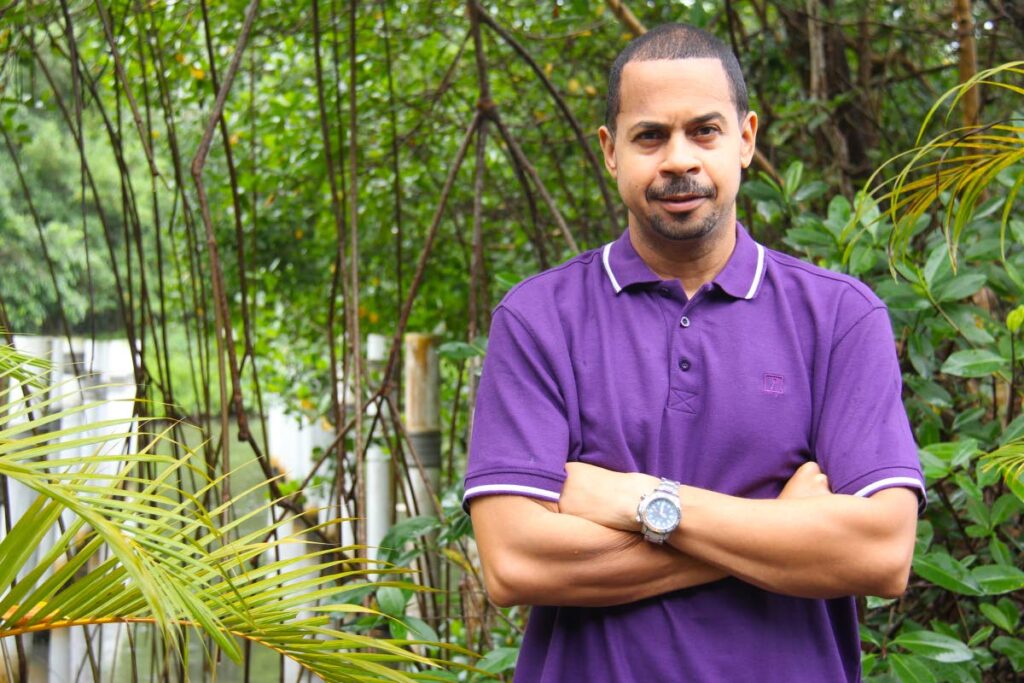Harry and Meghan: How not to build a brand

PAOLO KERNAHAN
NO MATTER what you think about Harry and Meghan, it can't be denied that they're a polarising brand. Team Sussex vs Team Royals – the irony is stark because both sides seem not to appreciate that they're the same thing. Discussions in the media and online about the rancorous circumstances under which the couple shed formal ties with the royal family typically devolve into vicious arguments.
This column offers no opinion on what the Sussexes have said in their tell-all, my-truth tour. It wades into something admittedly less piquant – the sustainability of a brand built on outpourings of controversial truths and bloodletting that sharply divide public opinion.
My two cents is that the audience who came for the "tea" likely won't stay for the charity.
As the duke and duchess established their own court across the pond, their stated goal was the pursuit of environmental conservation, mental health and other laudable social causes. The mission, as explained by the couple, was to become financially independent to support these noble objectives, including the establishment of a new charitable entity, The Archewell Foundation. That's where things become somewhat blurred.
"Shared purpose. Global action," the banner words on the Archewell website are oceans apart from the brand to which they've most energetically and strategically put their shoulders – unrelenting, in-your-face drama.
The salacious, gasp-inducing Oprah interview with patent allusions to racism in the royal family, followed up by an intimate portrait docuseries on Netflix, with Harry's brutally frank memoir bringing up the rear – this blitz of red meat and intrigue for the masses are the bricks in a new empire. This is a brand founded on salacious accounts of royal life mixed in with deeply unsettling allegations and, of course, a love story.
Will a polarising brand serve them over the long term? More often than not, such brands don't go the distance.
I know because I travelled a path that bears some similarities to that of the Sussexes. No, I didn't bare my soul in tell-all content, nor was my brand polarising per se. I did, however, experience challenges in pivoting my career.
Having spent more than two decades in broadcast journalism, I developed a reputation for being a reasonably relentless interrogator. But that put me in a position of being both loved and despised. My audience, though, cheered me on for being outspoken. To them, I was a voice for those too scared to speak out themselves. They looked to me to echo their frustrations about crime, politics, public services and failing infrastructure.
When I transitioned from news to creating my television programmes about the environment and national heritage, though, only a fraction of the audience I'd built over 20 years transitioned with me. That's because the people interested in my advocacy through journalism weren't that keen on the environment and heritage – at least nothing close to the numbers I'd expected.
Similarly, Harry and Meghan have amassed a significant following by catering to a specific audience and meeting a clear need – drama and entertainment. Their short-term success has been remarkable. The Netflix series Harry and Meghan became the biggest documentary debut ever on that platform. Harry's book Spare displaced former first lady Michelle Obama's memoir, pulling record-breaking numbers in a day that her book took a week to accumulate.
By contrast, the Live to Lead documentary series, billed as presented by Harry and Meghan, failed to break into the top 100 shows in the US. This series is more in line with the Sussexes' stated ambitions to pursue environmental and social causes. The documentary was timed to follow fast on the heels of the six-part Harry and Meghan to capitalise on the momentum of their tell-all and to hell with all.
The silence about Live to Lead was loud. The legions of fans who threw their vociferous online support behind the couple haven't been as passionate about Live to Lead as they've been about all other things Sussex. There is no surge of glowing fan reviews, no lively discourse on snippets extracted from the leadership series. It looks like while the Sussex Squad is all about the couple's personal lives, they're decidedly lukewarm on the change-making causes said to be Harry and Meghan's raison d'etre.
It's a shame because reading about Harry's wildlife conservation efforts in Africa I find riveting because the environment has always been a passion of mine's. The obvious question for Harry and Meghan and their new Camelot is, what next? A brand scaffolded by controversy, enmity and scraps for the hounds doesn't have a portable audience.

Comments
"Harry and Meghan: How not to build a brand"